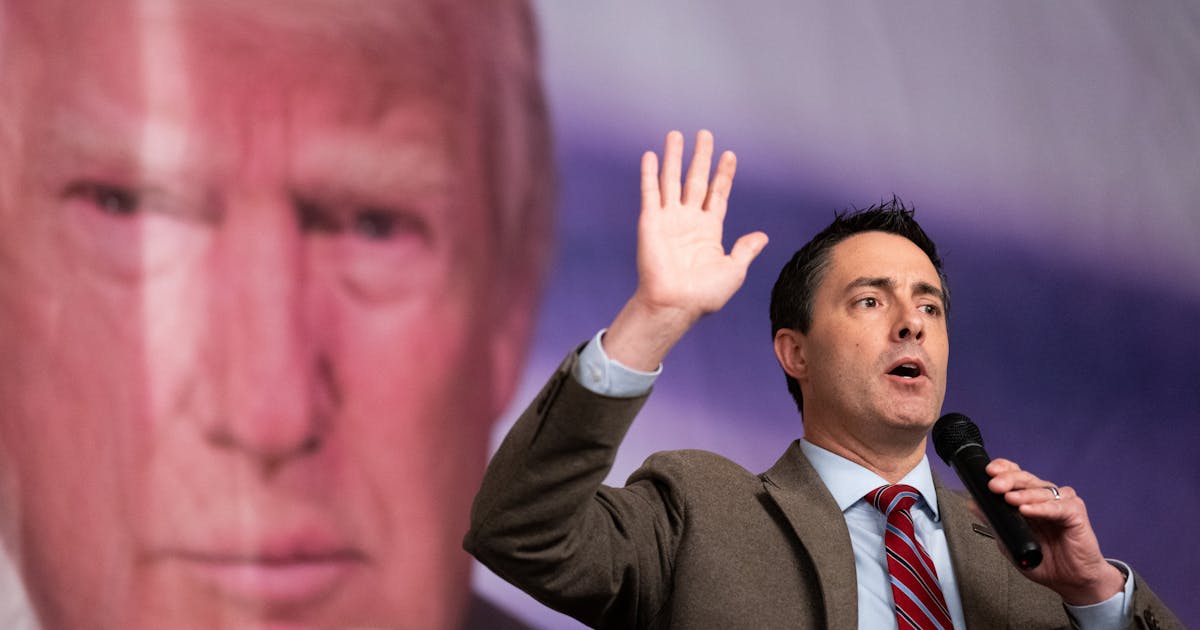Democratic and Republican conventions are largely pre-scripted campaign events nowadays. In the nineteenth and early twentieth centuries, political parties sometimes gathered with no clear sense of who their eventual nominee would be, with plenty of horse-trading, negotiations, and campaigning to occur on site. The advent of party primary elections, however, meant that parties found out who the nominee would be well in advance.
Despite this, they still hold an important legal function. A presidential candidate does not formally and legally become that party’s nominee for president until the convention votes upon it. While this is largely perfunctory and ceremonial in modern campaigns, it is still an important procedural threshold for candidates to meet.
There are some indications that states have also ignored or waived the certification deadlines in previous election cycles. In 2012, for example, Ohio law required the state to certify its presidential candidates by August 8, even though the RNC didn’t begin until August 27 and the DNC didn’t begin until September 4 that year. Barack Obama and Mitt Romney both appeared on the Ohio general election ballot that year despite this.



